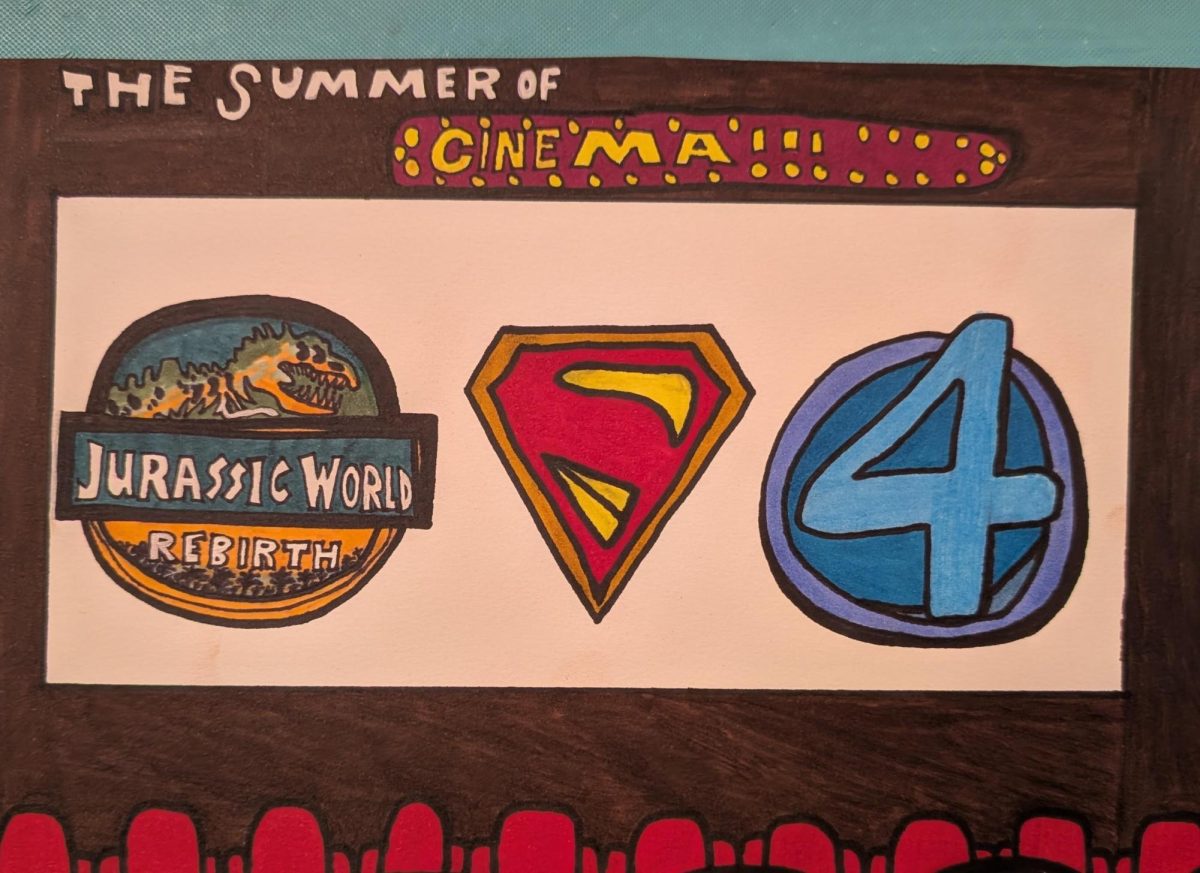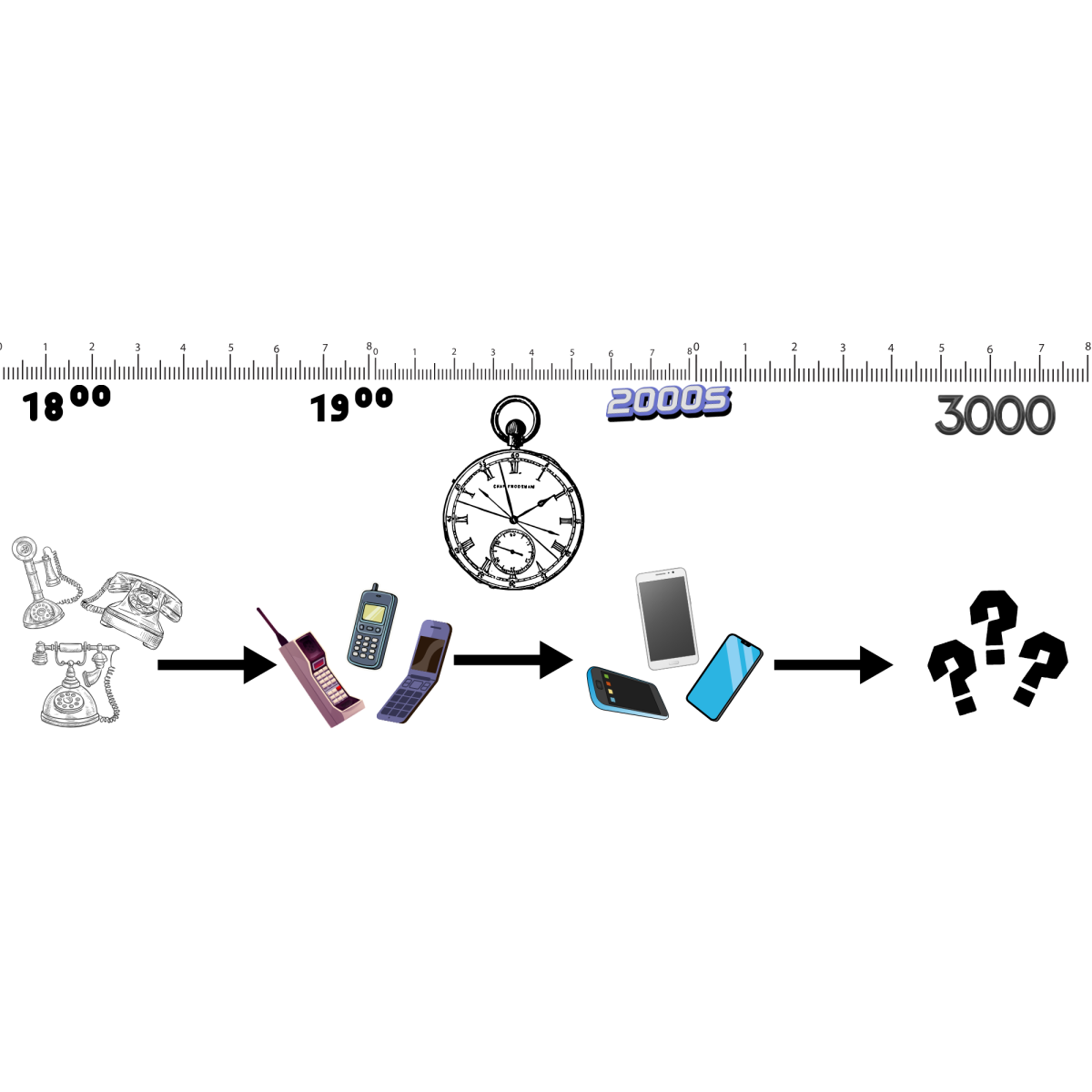Money is a huge part of society to the point where people create songs about it. For example, “Money Talks” written by Malcolm and Angus Young, is a teen anthem because for many, money does talk, and its message to teens is to get more if it. For good or bad, money is a way to become more popular with the #fashionicons or beat a new level on a game. This isn’t the whole picture, though. Teenagers need to look beyond this to learn the basics of what money really is.
Today, it’s common for teenagers to prioritize their money for the things they want, like new earbuds, phones or makeup, rather than what they need, such as a drivers license or savings. Teenagers tend to think that it’s too soon to save their money or prioritize their money for necessities. Though this might be the case, it’s important that everyone knows how to use and manage money.
Mr. Curtis, one of the financial literacy teachers at Harrison, believes that parents should help their teenagers learn how to properly manage money. As he states, “Learning this skill at an early age would help in the future because [students] would already have a good grasp on it. [Financial literacy] is so important.” Those who better understand money management are more likely to go down the right path in the terms of finance and avoid mistakes that could be made by others who are less educated on the topic.
A wise way to help stay on track with your money is to create a bank account. Getting an account at a young age allows for an easy start to success. Mr. Curtis explains that the three main principles of money management are budgeting, savings, and having good credit.
The first thing teens needs to know about how to manage money is budgeting. Budgeting is simple, even if it is difficult to do consistently. It boils down to knowing how much you make, and spending less than that. Teens must have an idea of how much money they make and divide it into different parts depending on their personal goals. Every budget should include saving money for the future. Good budgeting is knowing how to balance your income and your expenditures.
After teens have a budget, they can focus on spending less than they earn. The leftover money is their savings, and having a savings is key to financial stability. An article from Bank of America advises teens wanting to start a budget to focus on their savings goals. Knowing what you are saving your money for, whether it is a long-term goal like college or a car or a short-term goal like a concert or a new device, can help you have financial discipline. Charles Dickens said that if you earn 20 pounds and spend 19.50, you will be happy, and if you earn 20 pounds and spend 20.50, you will be miserable. Sounds simple, right? But with the American consumer debt sitting at 1 Trillion dollars, we don’t seem to be following that advice.
Finally, teens need to work to get and maintain a good credit score. Understanding the difference between good and bad credit is key to properly managing money. Good credit means that you have a history of borrowing and paying back money responsibly. When you have good credit, it shows that you pay your bills on time and don’t borrow more money than you can afford to pay back. Bad credit means that you have a history of not paying your bills on time, borrowing more money than you can handle, or not paying back money you owe. When you have bad credit, it makes it harder to get loans or credit cards, and if you do get approved, you might have to pay higher interest rates, which means you’ll end up paying more money in the long run.
If you’re interested in further information and tips to develop good money management skills, be sure to read these articles on money habits. Key points from these articles are practicing delayed gratification and thinking long term, in addition to the importance of good credit and budgeting.
By learning these key skills and becoming more educated with finance, teens can become more successful in the future, and while you may forget the quadratic formula or the parts of a cell, these principles of money management will actually make your life better.





























